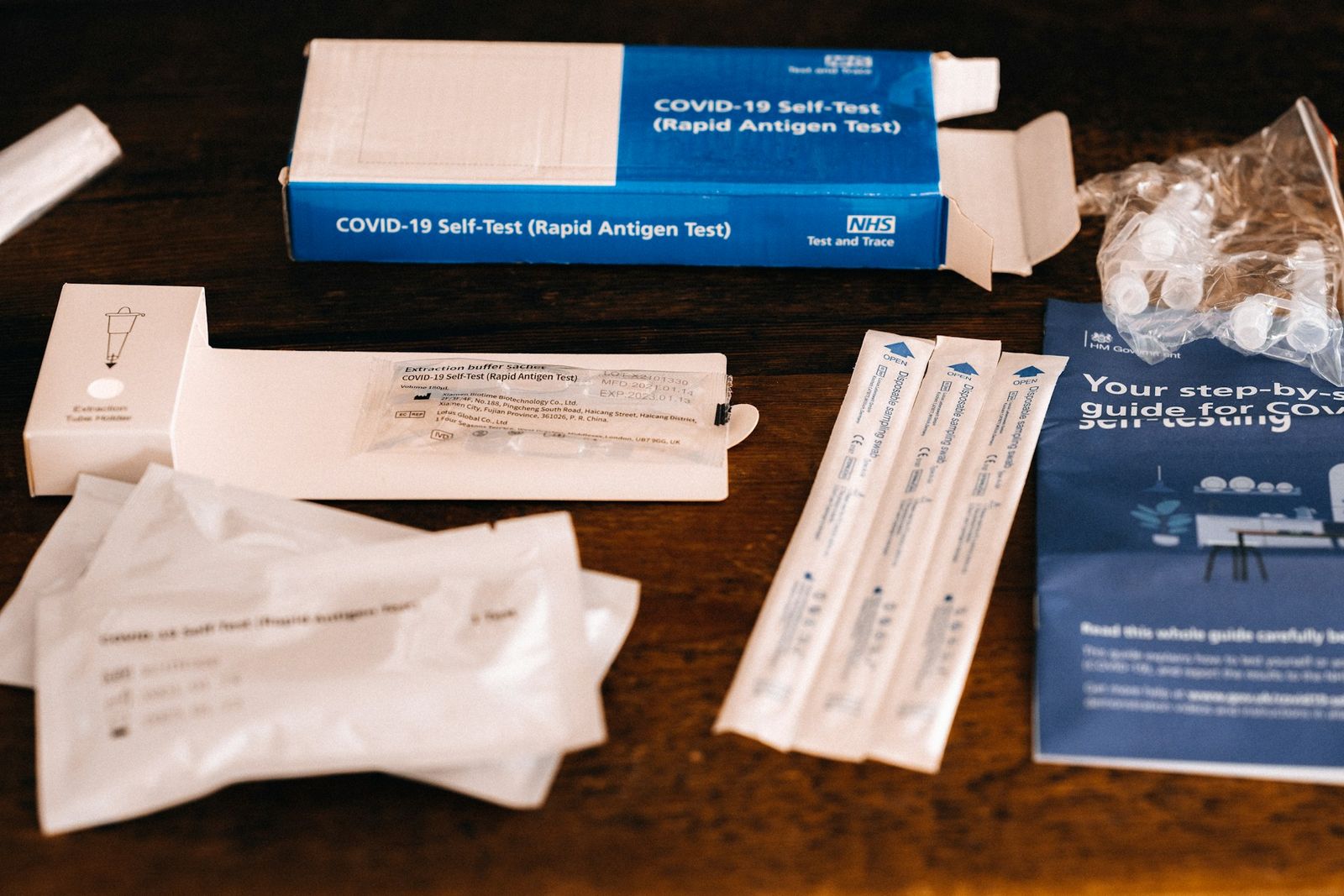The Impact of COVID-19 on Business and the Role of the REACT Study
Explore the impact of COVID-19 on businesses worldwide and discover strategies for resilience and insights from the REACT study on business adaptation.

The COVID-19 pandemic has had a profound impact on businesses globally. From supply chain disruptions to changes in consumer behaviour, companies have faced numerous challenges. This article explores the broader implications of the pandemic on business and delves into the methodologies and findings of the COVID REACT study, conducted by Imperial College London on behalf of the UK Government, highlighting its critical role in this research effort.
Business Impact and Adaptations
Supply Chain Disruptions: Lockdowns and travel restrictions caused significant supply chain disruptions. Many companies faced delays and increased costs, with 73% of executives reporting problems in their supply chains (McKinsey & Company). Businesses had to adapt their strategies, emphasising resilience and flexibility.
Shift to Remote Work: The pandemic accelerated remote work adoption. A Gartner survey found that 88% of organisations mandated or encouraged remote work. Companies that adapted quickly saw increased employee satisfaction and reduced operational costs.
Digital Transformation: The pandemic sped up digital transformation. According to Twilio, 97% of enterprise decision-makers believe the pandemic accelerated their company's digital transformation. Businesses invested in cloud solutions and cybersecurity to stay competitive.
Changes in Consumer Behaviour: Consumer behaviour shifted towards online shopping and home entertainment. Global e-commerce sales jumped to $26.7 trillion in 2020 (UNCTAD). Businesses enhanced their digital presence and invested in e-commerce platforms.
The REACT Study: A Crucial Initiative
The Real-time Assessment of Community Transmission (REACT) study, conducted by Ipsos for the UK Government, tracked COVID-19's spread in the UK. This large-scale study provided valuable insights for public health strategies and business responses.
Methodologies and Approaches:
Randomised Testing: Large-scale randomised testing provided representative data on infection rates.
Data Integration: The study integrated data from health records, surveys, and real-time testing.
Advanced Analytics: Ipsos used advanced statistical tools to identify trends and the effectiveness of public health interventions.
Key Insights and Contributions:
Infection Trends: The study highlighted infection trends across age groups, regions, and social settings.
Effectiveness of Measures: Data comparison over time assessed the impact of public health measures like lockdowns.
Behavioural Insights: Surveys captured public attitudes and behaviours related to COVID-19.
Contributions
The UK government, in collaboration with Imperial College London, spearheaded the REACT study to track and understand the spread of COVID-19. Ipsos, a market research company, was responsible for executing the project, while Formara Print and Marketing managed the distribution of study materials. This collaboration highlights the critical role of effective coordination and partnerships among the UK Government, academic institutions, market research companies, and print companies. Such a collective effort in public health research is pivotal. As businesses continue to navigate the post-pandemic landscape, the insights from these studies will be instrumental in developing resilient and adaptable strategies for the future.
Detailed Statistics from the REACT Study and Other Sources
The REACT study, alongside data from reputable sources such as Our World in Data and Johns Hopkins University, provided essential statistics that highlight the pandemic's impact:
Global Infection Rates: As of mid-2023, there have been over 770 million confirmed cases and approximately 7 million deaths worldwide according to the WHO. These numbers underscore the pandemic's extensive reach and severity.
Vaccination Impact: Vaccination campaigns have played a critical role in controlling the virus's spread. As of mid-2023, over 13 billion vaccine doses have been administered globally, significantly reducing the severity and mortality rates of COVID-19, reports the WHO.
Economic Impact: The global economy contracted by 3.5% in 2020, with significant variations across regions and industries, according to the International Monetary Fund (IMF). Sectors such as travel, hospitality, and retail were among the hardest hit, while technology and healthcare sectors saw growth.
Reflections on Research During a Crisis
The REACT study highlights the importance of research in managing public health crises:
Adaptability: Quickly adapting methodologies and leveraging new technologies were essential.
Collaboration: Effective collaboration across sectors enhanced the study's impact.
Data-Driven Decision Making: Data-driven decision-making was crucial in public health.
Future Implications and Trends
Lessons from the REACT study will inform future research and public health strategies:
Enhanced Data Integration: Future research will integrate diverse data sources for richer insights.
Technological Innovation: Advanced analytics and digital tools will continue to evolve.
Collaborative Models: Successful collaborative approaches will encourage ongoing partnerships.
Final Reflections
The COVID-19 pandemic has reshaped the business landscape, driving significant changes in operations, consumer behaviour, and digital adoption. Companies have had to pivot rapidly to adapt to new challenges, from supply chain disruptions to the accelerated shift towards remote work and digital transformation.
As businesses continue to navigate the post-pandemic landscape, the insights from studies like REACT will be instrumental in shaping resilient and adaptable strategies for the future. Understanding the impact of COVID-19 and leveraging data-driven insights will be key to building more robust and flexible business models.
For those interested in exploring more about the ongoing impact of COVID-19 and how research continues to shape our understanding and response, consider reading additional articles from Research World. Their insightful collection, including pieces like "Research that Makes a Difference," delves into various aspects of pandemic research and its practical applications. Visit Research World to further your knowledge and stay informed about the latest developments in this critical area.


